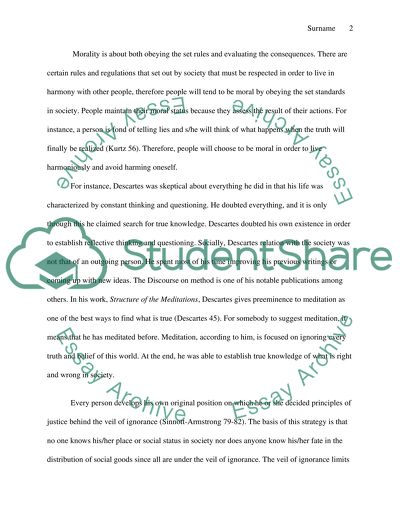Skepticism Essay Example | Topics and Well Written Essays - 750 words. Retrieved from https://studentshare.org/philosophy/1463855-skepticism
Skepticism Essay Example | Topics and Well Written Essays - 750 Words. https://studentshare.org/philosophy/1463855-skepticism.


